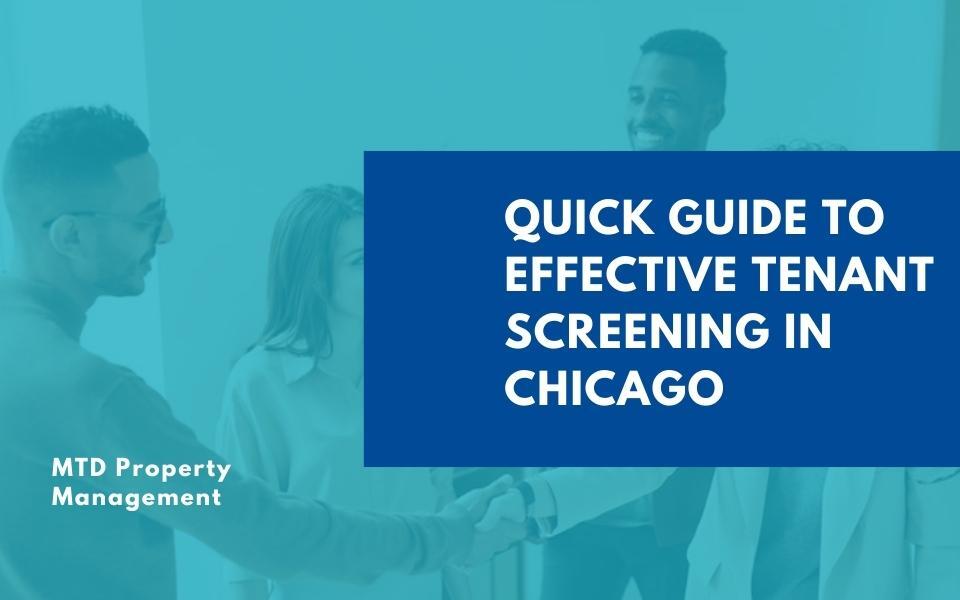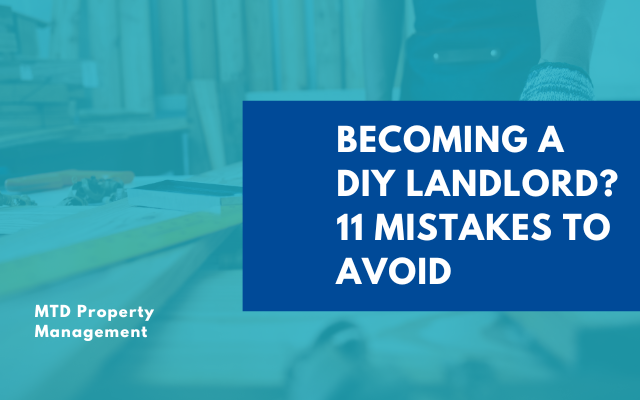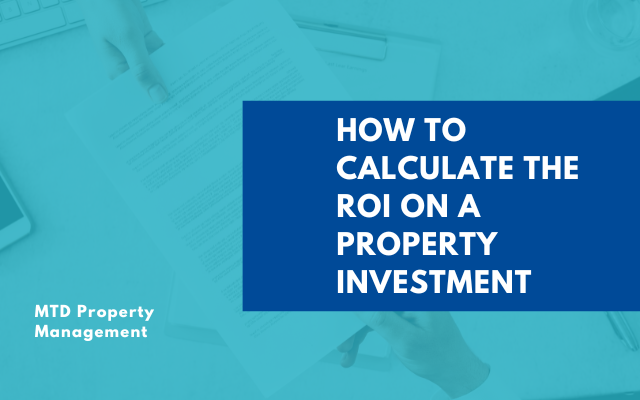
To rent to good renters is essential if you want to run a successful rental business. You need to rent to a tenant that will ensure you maximize your ROI. This can only be possible if your tenant pays rent on time, cares for your rental property, and notifies you of maintenance issues.
Finding such a tenant isn’t always a walk in the park. You’ll need to have a foolproof tenant screening process in place to maximize your chances of finding a great tenant. The process to screen tenants is one that factors things like a tenant’s credit rating, employment history, rental background, and income level.
1. Start the process by pre-screening tenants
Pre-screening prospective tenants allows you to catch red flags early, saving you valuable time down the road. In addition, a good tenant screening process also helps you set expectations early on, which can help you attract great renters.

Normally, after a successful marketing phase, prospects will start reaching out to a landlord. You should use this opportunity to screen tenants and learn more about them. You can ask them the following questions:
- Why are you moving? Look for legitimate answers, such as moving due to a job relocation or to upsize/downsize.
- When would you like to move in? Only consider renters who are looking to move soon, say, in a month’s time.
- Will you provide references from former employers and landlords? If the tenant is hesitant, continue your search.
- Will you authorize a credit check? Again, if the tenant is hesitant, continue your search.
- Are you comfortable paying the security deposit and other move-in fees during the moving date?
- Do you have a pet?
- How many people will be living with you?
2. Ask prospects to fill out a rental application form
Once you have narrowed down your prospective tenants, have the rest fill out a rental application form. The purpose of this is to help you acquire as much information about the tenant as possible. With this information, you’ll be in a better position to confirm if this prospect is a good fit.
The following is some information you should collect in the rental application.
- Contact information of the tenant.
- Contacts of current and prior employers.
- Contacts of prior landlords.
- Authorization for credit and background check.

You should also be checking the tenant’s income level at this stage. A general rule of thumb is only to consider tenants making at least three times the rent price. For example, if you’re charging a monthly rent of $1,500, then you should only consider renting to renters making at least $4,500/month.
3. Verify the tenant’s employment status
You should verify your tenant’s employment status for two main reasons. For one, you’ll want to verify if the tenant is being truthful about their claimed income. And two, whether there is a level of consistency with the story they are telling. You want to ensure that they are being truthful with the references and information they are providing.
The following are some of the questions you’ll want to ask their employer:
- Is the tenant working full-time or part-time?
- When did the tenant start working at your organization?
- What position does the tenant hold in your organization?
- How much is the tenant making on an hourly or annual basis?
- Is the tenant reliable?
4. Contact prior landlords
Don’t just believe what a prospect says about their rental background. Some can be deceptive, and you may only come to realize it once it's too late.
Ideally, you’ll want to contact prior landlords and not the current one. Why? The current landlord may lie in the hopes of trying to get rid of the tenant. Prior landlords, on the other hand, don’t have a reason to lie. They will be straightforward on whether the tenant was dependable or difficult to deal with.

To verify that the reference provided is a real landlord, ask them about a vacancy and see if they are knowledgeable about landlord duties.
5. Analyze the tenant’s credit report
A credit report shows how a person has historically handled their finances and credit accounts. As a landlord, the report can help you see whether a tenant is financially responsible or not. To run a tenant’s credit report, you’ll need three important details: the tenant’s name, address, and the Social Security Number or ITIN. Next, you’ll need to run these details through a major credit reporting agency.
6. Get a background check on the tenant
Another important aspect of tenant screening is a background check. To check a prospect’s criminal background, you’ll need their approval first. You’ll also need their name, address, date of birth, and SSN.
Running a background check can help pull data from sources such as:
- Misdemeanors and felonies from local and state jurisdictions
- Federal data including Homeland Security, FBI’s Most Wanted, and Drug Enforcement Administration
7. Comply with the Fair Housing Laws
To ensure your rental business is compliant, you’ll need to know the local, state, and federal laws.

One such law is the Fair Housing Act. It prohibits landlords from discriminating against tenants on the basis of any class protected under the Human Rights Act.
Bottom Line
Choosing the right tenants for your Chicago rental property investment is one of the top priorities. Knowing that you have reliable tenants will help you achieve peace of mind and maximize your profit.
Here at MTD Property Management, we are available to help you with all responsibilities of owning a rental property. Our services include rent collection, rental property maintenance and, of course, tenant screening. Contact us today to learn how we can service you!









